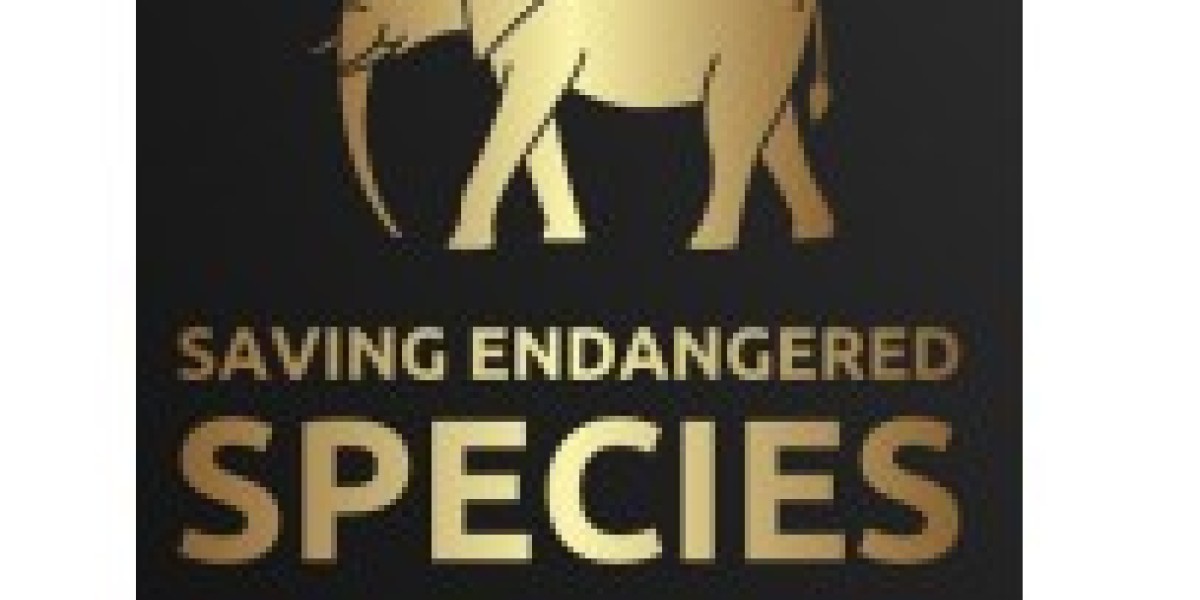Africa is home to some of the most unique and captivating wildlife on the planet, including iconic animals like elephants, rhinos, lions, and cheetahs. Yet, many of these species are endangered, facing the threat of extinction due to a combination of factors such as habitat loss, poaching, climate change, and human-wildlife conflicts. Efforts to protect African endangered species are crucial, not only for the animals themselves but for the health of ecosystems, local economies, and global biodiversity. Checkout: Philanthropy
Here’s a look at the importance of these conservation efforts and what can be done to help save Africa’s endangered species.
Why Conservation Matters
Endangered species play vital roles in maintaining the ecological balance. Predators like lions and cheetahs regulate prey populations, while herbivores such as elephants shape landscapes and support plant diversity. When one species is threatened, it can lead to cascading effects throughout the ecosystem. Additionally, African wildlife tourism is a major contributor to the economies of many African countries, supporting thousands of jobs. Protecting these animals is not just an ethical issue—it has economic and environmental benefits that resonate worldwide.
Threats to African Endangered Species
- Habitat Loss: Expanding human populations in Africa often lead to deforestation, agricultural expansion, and urban development, resulting in significant loss of natural habitats for wildlife. For example, the forest habitats of mountain gorillas and chimpanzees have been extensively fragmented, isolating populations and reducing their access to resources.
- Poaching and Illegal Wildlife Trade: The demand for ivory, rhino horns, and other animal parts fuels poaching, which remains one of the biggest threats to many African species. Rhinos, elephants, and pangolins are particularly targeted, pushing them toward extinction.
- Human-Wildlife Conflict: As human populations expand into wildlife areas, encounters between humans and animals become more frequent, often resulting in conflicts. Large mammals like lions and elephants may harm crops or livestock, leading to retaliatory killings by local communities.
- Climate Change: Changing weather patterns affect the availability of food and water, altering migration patterns and breeding cycles. Climate change is especially harmful to species that rely on specific habitats, such as coral reefs or wetlands, which are particularly sensitive to temperature changes and rising sea levels.
What You Can Do to Help
- Support Ethical Tourism: Choosing ethical and sustainable safari tours can have a direct impact on conservation efforts. Eco-friendly travel companies and community-based tourism organizations reinvest in conservation programs and local economies, creating a positive cycle of protection.
- Raise Awareness and Educate Others: Awareness campaigns help to educate people about the plight of endangered species and the importance of conservation. By sharing information, engaging in social media, or organizing events, you can help spread the word and inspire others to take action.
- Donate to Conservation Organizations: Financial contributions to reputable conservation organizations can help fund anti-poaching operations, breeding programs, and habitat restoration projects. Organizations such as the African Wildlife Foundation, the World Wildlife Fund (WWF), and Save the Elephants provide crucial support to conservation efforts.
- Advocate for Policy Changes: Supporting policies that protect endangered species and regulate wildlife trade can have a lasting impact. Encouraging local governments and international bodies to take action can result in stronger protections and more resources dedicated to conservation. Visit here: Protect African Endangered Species
A Hopeful Future for African Wildlife
Conserving Africa’s endangered species is a complex challenge that requires collaboration, resources, and dedication. The efforts underway offer hope: from growing protected areas and increasing anti-poaching efforts to supporting sustainable tourism and community conservation. With continuous support from both local and international communities, it’s possible to create a future where Africa’s magnificent wildlife thrives, maintaining its essential role in biodiversity and inspiring generations to come.
For more information visit our website: https://savingendangeredspeciesforafrica.com/



